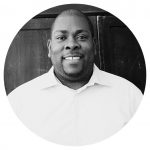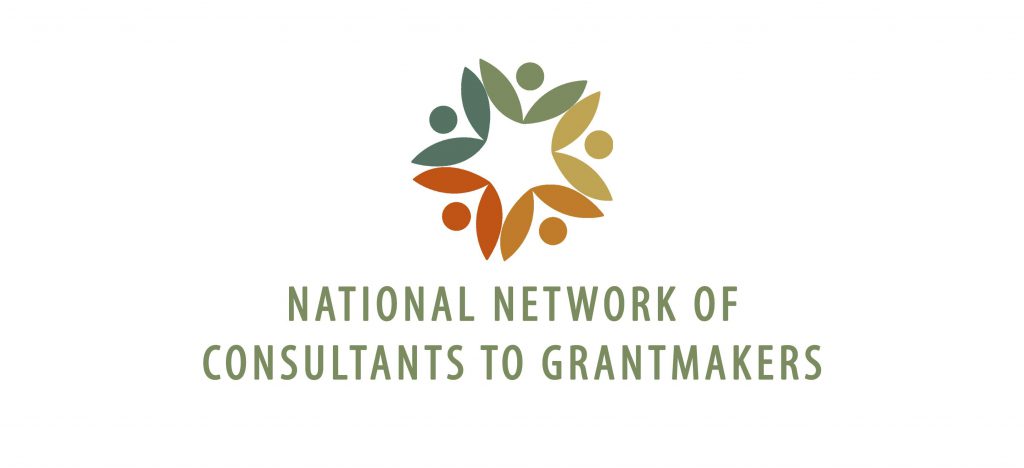 July 31, 2019 – This is a guest post by NNCG Member Marcus Littles. Marcus is a founder and senior partner for Frontline Solutions, a firm that helps organizations working on the front lines of change to define goals, execute plans, and evaluate impact. The work they do explicitly applies an equity lens in helping their clients become more effective organizations. Authenticity is one of his core values, and believes that it is important to share your own story and life experiences, along with research best practices to create cultural change. He lives this out as Frontline Solutions works through what it means to be a black-centered consultancy.
July 31, 2019 – This is a guest post by NNCG Member Marcus Littles. Marcus is a founder and senior partner for Frontline Solutions, a firm that helps organizations working on the front lines of change to define goals, execute plans, and evaluate impact. The work they do explicitly applies an equity lens in helping their clients become more effective organizations. Authenticity is one of his core values, and believes that it is important to share your own story and life experiences, along with research best practices to create cultural change. He lives this out as Frontline Solutions works through what it means to be a black-centered consultancy.
Marcus Littles doesn’t view himself as a DEI consultant. Why? Because all of the work of his firm, Frontline Solutions, seeks to explicitly apply an equity lens in helping clients become more effective organizations.
Sometimes they are invited through the front door when a client explicitly asks for help with DEI work. Even when there’s no explicit request, though, Littles doesn’t decouple equity from other organizational development consulting. “If the Baltimore Symphony calls and asks us to do a strategic plan, that for us is an equity engagement.”
Yet as the issue of equity gains more attention in the field, more clients are viewing it as a crucial element of their work. Littles points to an example of a funder collaborative that brought him on board to help understand and operationalize racial equity in their grantmaking and culture.
The work entailed building a consensus understanding of the gaps of culture, values, practices, and policies that were barriers to the organization in making a programmatic commitment to racial equity. Littles faced the challenge of developing a clear understanding with leadership about how much work that transformation required.
Culture change takes time, Littles notes, and it requires difficult discussions to create an authentic relationship around race, power and privilege.
Being authentic is a core value for Littles, who believes in sharing his own vulnerability.
“Tell the unflattering parts of your story and the hard stuff that was required to make progress and to live into your equity values.”
Don’t present yourself as born enlightened or “woke,” he adds. Rather, use your own life experiences, insights, and struggles when working with clients, in addition to research and best practices. He has written about this approach in detail in “Equity Lessons for Organizational Leaders” and lives it out as Frontline Solutions works through what it means to be a black-centered consultancy.
Beyond that, Littles feels strongly about respecting and building on the foundation of groundbreaking work done by Lori Villarosa, john a. powell, Linetta Gilbert and other philanthropy experts who were applying an equity lens long before it was mainstream.
There’s certainly a need for new approaches, Littles says, pointing to an equity footprint tool that his firm is developing. But it’s equally important to lift up and learn from the work that has already been done and to highlight its value to the field.

